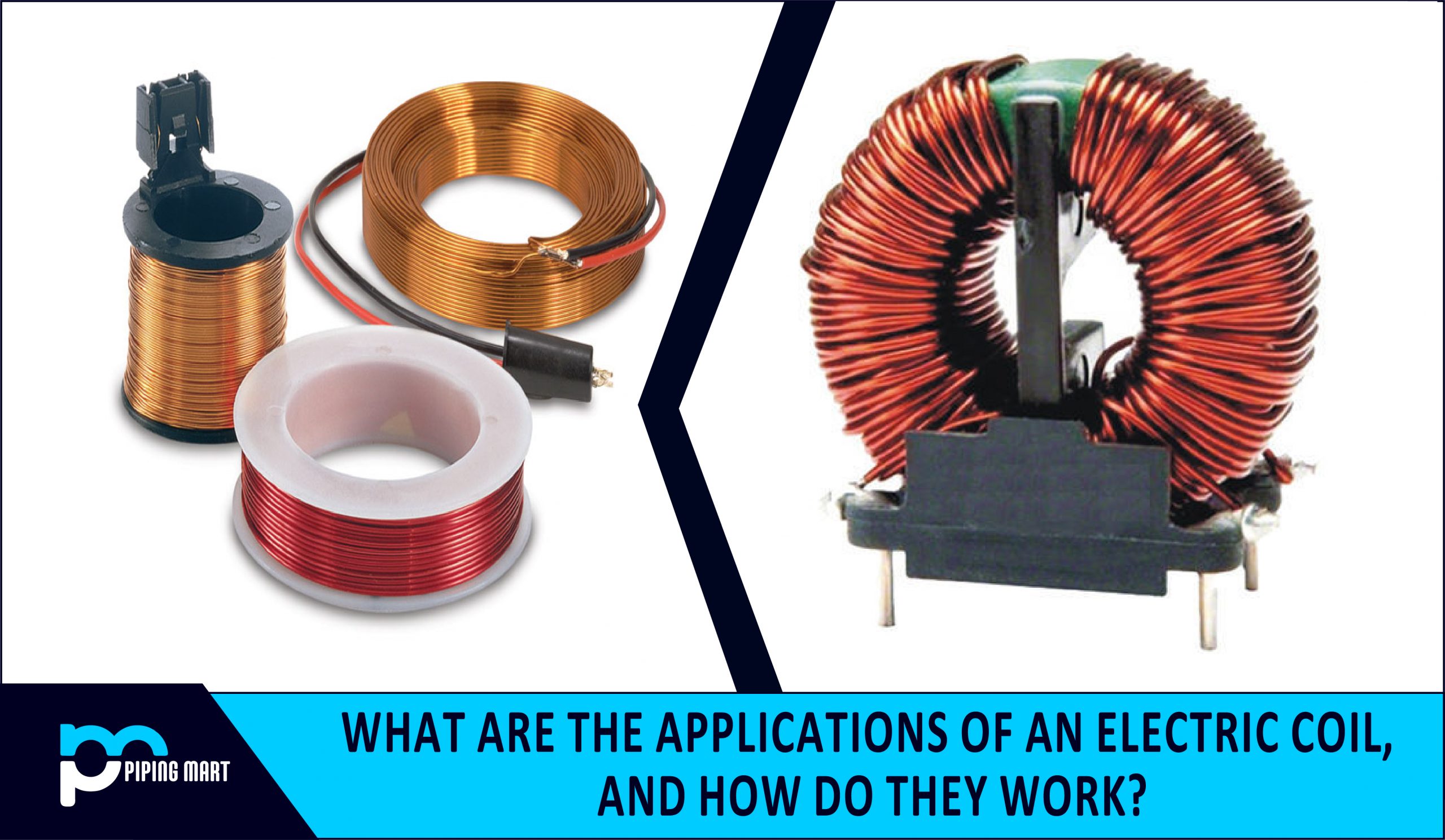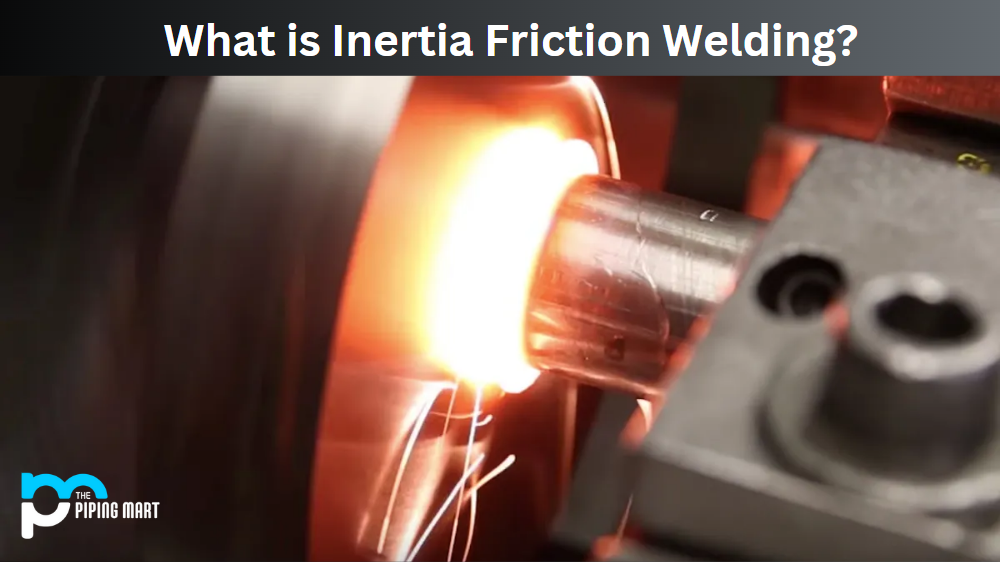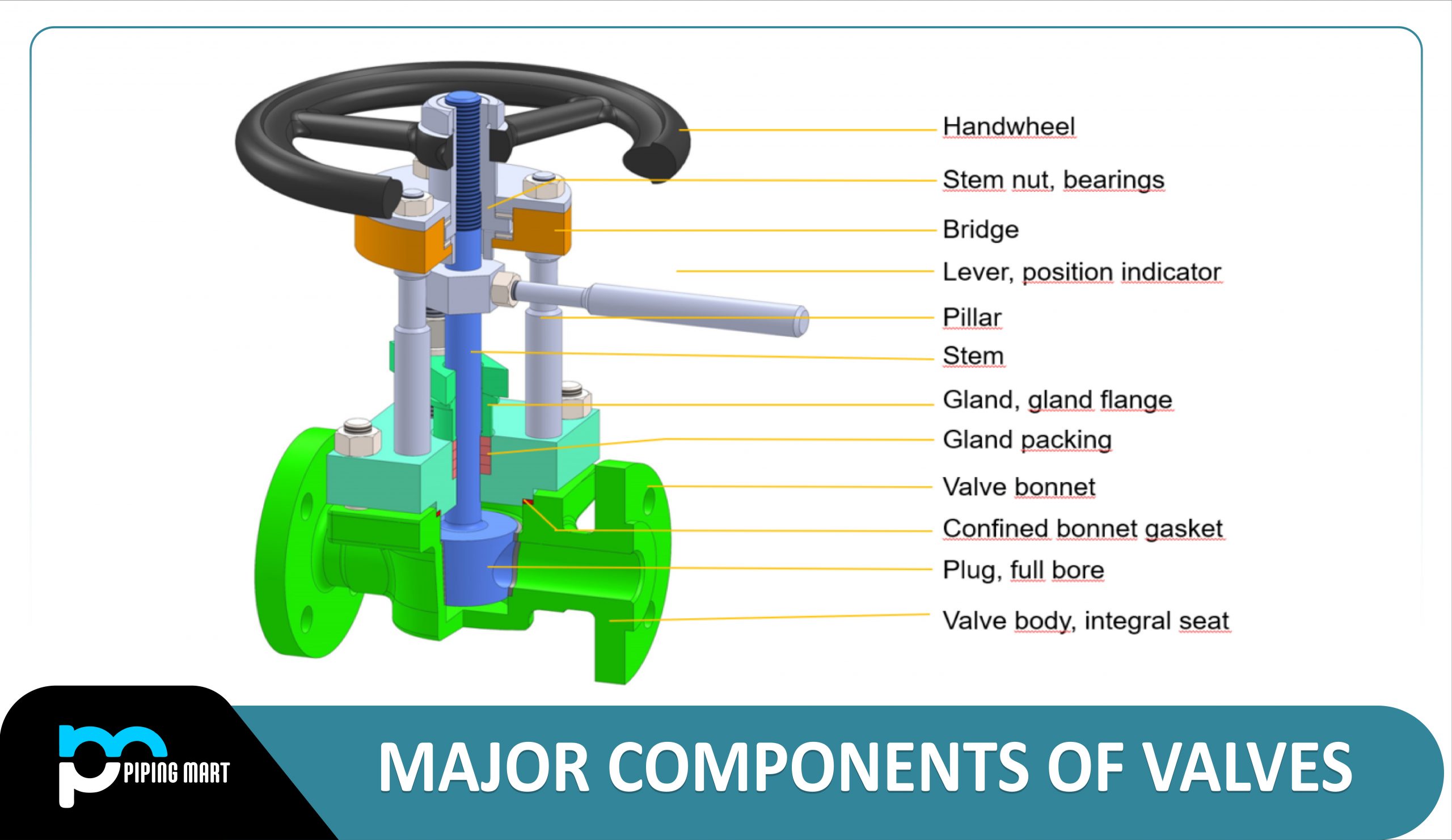An electric coil also called an electromagnetic coil, is an electrical conductor made up of many conducting wires wrapped around a ferromagnetic core that is cylindrical, toroidal, or disk-shaped. Electric coils are one of the most fundamental electronic components, providing inductance in an electrical circuit, a characteristic of electricity that prevents current passage.
The gauge of the wires, coil diameter, wire lengths, the number of loops, and the kind of core material, which might be air, steel, iron, ceramic materials, or iron-based formless tape, all affect the price of electrical coils distinctively. The material’s permeability, which is the capability of the core to produce a magnetic field, determines the materials used for the core of an electric coil.
Electric Coil Uses
Electric coils are one of the most versatile electrical components used in everyday life. Thanks to their ability to convert electrical energy to thermal energy, electric coils can be used in a variety of ways to make our lives easier and more efficient. From heating water in our homes to powering industrial machinery, electric coils continue to be a popular and reliable choice for many applications. Some of the most common uses of electric coils include cooking appliances, heat exchangers, induction heating, and electric motors. With so many potential applications, it’s no wonder that electric coils have become a staple in the world of modern electronics.
How Does This Work?
We may use a hypothetical electrical circuit with an incandescent light bulb connected in parallel to an inductor and the current flowing via a switch to explain how inductors function. Because the coil has reduced electrical resistance, it should behave as a short circuit when the button is switched on, preventing the light bulb from generating light. The light bulb starts off bright before gradually fading to lower light intensity. When the switch is turned off, the same result is seen.
Inductance is here to be blamed for this. When current is sent through the coil, it creates a magnetic field that causes another current to flow in the opposite direction, attempting to block the current from passing through. The current flow, however, returns to normal once the magnetic field is formed. If the current flow is interrupted in a different light, the magnetic field generates an electric current through the coil to keep it going. As a result, the magnetic field can no longer be sustained and collapses. The light bulb will only be turned on for a short period.
With the increasing growth of electronic gadgets, electric coil manufacturers have had to dedicate significant resources to developing and designing electric coils to fulfil demand. The finely wrapped wire is used to make coils for circuit boards, as well as laminated transformers and toroids.
Advantages of Electric Coils
Cooks food evenly
One of the primary benefits of using an electric coil is that it cooks food evenly. This is due to the fact that the coils heat up quickly and evenly, which means that hot spots are less likely to form. This is especially beneficial when cooking delicate foods, such as fish or eggs, which can easily become overcooked or dry.
Easy to clean
Another benefit of electric coils is that they are easy to clean. This is because the coils are smooth and flat, which means that there are no nooks or crannies for dirt or debris to get trapped in. Additionally, electric coils typically have a non-stick surface, which makes them even easier to clean. Simply wiping down the coils with a damp cloth is usually all that is needed to keep them clean.
More energy-efficient
Electric coils are also more energy-efficient than other types of cooktops, such as gas or induction. This is because electric coils convert more of the energy they use into heat, which means that less energy is wasted. Additionally, electric coils typically have lower operating costs than other types of cooktops.
Versatile
Another benefit of electric coils is that they are versatile. This means that they can be used for a variety of different cooking methods, such as frying, sauteing, and boiling. Additionally, electric coils can be used with a variety of different cookware materials, including ceramic, glass, and metal pots and pans

Pipingmart is B2B portal specializes in industrial, metal and piping products. Also, share latest information and news related to products, materials and different types grades to help business dealing in this industry.




